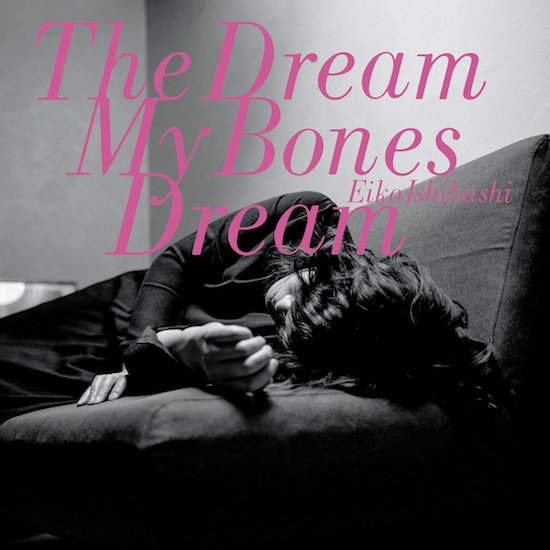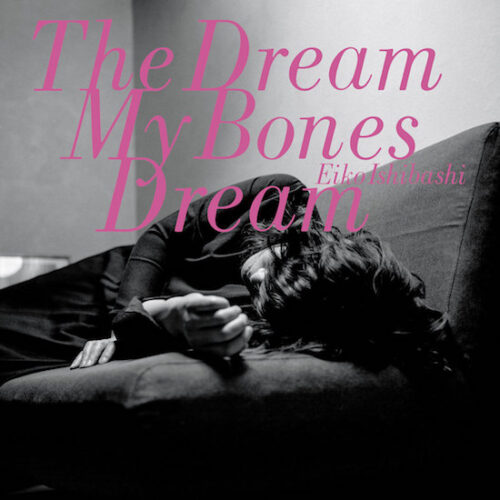Current events, politics, and culture is saturated with the awareness of borders, of each individual’s right to be in any one place as determined by arbitrary rules. Accidents of birth, who our parents are, what country they happened to be in, and what country they happened to from all cast long shadows on us. For Japanese multi-instrumentalist Eiko Ishibashi, her grandfather’s role in occupied Manchuria and her father’s childhood in the region have cast a shadow in the shape of The Dream My Bones Dream, her sixth studio album.
Co-produced with and mixed by Ishibashi’s longtime collaborator Jim O’Rourke, the album shows shades of her varied works, which encompass an assortment of work with piano, drums and electronics, and some improvisation. Her patchwork of reference points layer into dense songs that are not purely electronic but clearly borrow from the melding style. Symphonic flourishes on opening track ‘Prologue: Hands on the Mouth’ fight for space among roaming brass instruments and shimmers of staticky fuzz. An off-kilter bit of percussion on ‘A Ghost In A Train, Thinking’, pulls the track away from a militaristic rhythm while keyboards frizz off into split ends. It’s an album made for obsessives to dissect, component by component.
But independent from the technical obsession, Ishibashi creates a clear narrative through the album. Those who don’t speak Japanese or Mandarin will have to follow different themes (and not being able to understand the lyrics does add to the mystery of Ishibashi’s family story and her interpretation of her country’s complicated recent history). Instead, follow the myriad complex drum and percussion parts that weave a labyrinthine connection throughout the album, suggesting a steady trudge to somewhere.
There is also the literal interpretation of this motion on single ‘Iron Veil’, with an opening sample of a train as a nod to her grandfather’s work on the railroad in Manchuria. It’s part of the dark undercurrent of The Dream My Bones Dream. The metallic dissonance of ‘Tunnels to Nowhere’ connects the softness of the title track and the delicate strings and whispery vocals of ‘To the East’. The heaviness and the lightness, our present and our histories, are forever trying to balance each other out.



